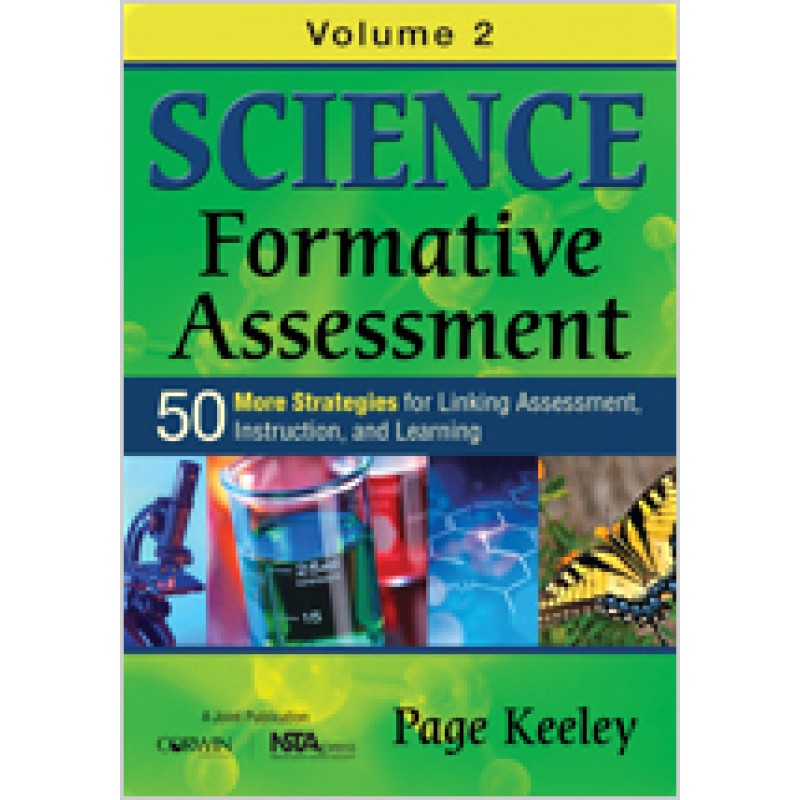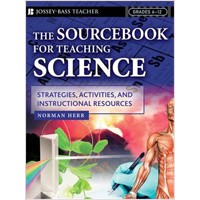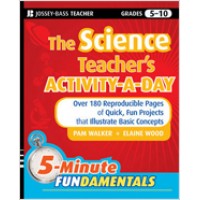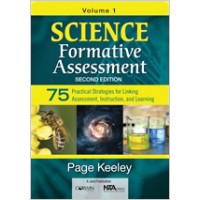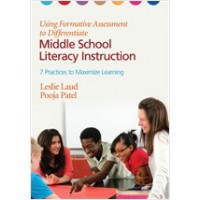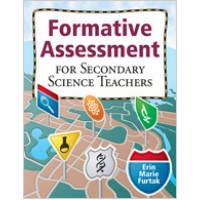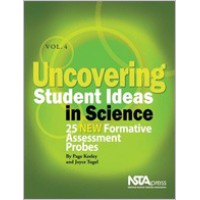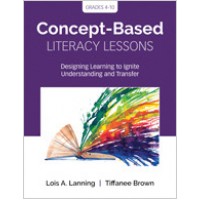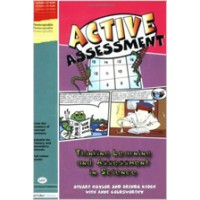Science Formative Assessment, Volume 2: 50 More Strategies for Linking Assessment, Instruction, and Learning, Oct/2014
| Author(s) | Page D. Keeley |
| ISBN10 | 1452270252 |
| ISBN13 | 9781452270258 |
| Format | Paperback |
| Pages | 256 |
| Year Publish | 2014 October |
Synopsis
This book shows readers how to use assessment to inform instruction and learning in the science classroom. In the bestselling first volume, Page Keeley shared 75 techniques that help K-12 science teachers determine students' understanding of key concepts and design learning opportunities that will deepend students' mastery of content and standards. Volume 2 will present 50 new strategies linked to the Next Generation Science Standards. These flexible assessments can be used with any science curriculum.
The assessments include:
- a description of how each technique promotes student learning
- considerations for design and implementation, such as required materials, timing, modeling the technique, and grouping students
- modifications for different types of students or purposes
- caveats for using each technique
- ways the techniques can be used in other content areas
About The Author:
Page Keeley recently retired from the Maine Mathematics and Science Alliance (MMSA) where she was the Senior Science Program Director for 16 years, directing projects and developing resources in the areas of leadership, professional development, linking standards and research on learning, formative assessment, and mentoring and coaching. She has been the PI and Project Director of 3 National Science Foundation-funded projects including the Northern New England Co-Mentoring Network,PRISMS: Phenomena and Representations for Instruction of Science in Middle School, and Curriculum Topic Study: A Systematic Approach to Utilizing National Standards and Cognitive Research. In addition to NSF projects, she has directed state MSP projects including TIES K-12: Teachers Integrating Engineering into Science K-12 and a National Semi-Conductor Foundation grant, Linking Science, Inquiry, and Language Literacy (L-SILL). She also founded and directed the Maine Governor’s Academy for Science and Mathematics Education Leadership, a replication of the National Academy for Science Education Leadership of which she is a Fellow.
Page is the author of 14 national bestselling books, including four books in the Curriculum Topic Studyseries, 8 volumes in the Uncovering Student Ideas in Science series, and a science and a mathematics version of Formative Assessment: 75 Practical Strategies for Linking Assessment, Instruction, and Learning. She has also authored over 30 journal articles and is a regular contributor to a formative assessment column in Science and Children. Currently she provides consulting services to school districts and organizations throughout the U.S. on building teachers’ and school districts’ capacity to use diagnostic and formative assessment and teaching for conceptual understanding. She is a frequent invited speaker on formative assessment in science and mathematics and conceptual change.
Page taught middle and high school science for 15 years before leaving the classroom in 1996. At that time she was an active teacher leader at the state and national level. She served two terms as President of the Maine Science Teachers Association and District II Director of the National Science Teachers Association (NSTA). She received the Presidential Award for Excellence in Secondary Science Teaching in 1992, the Milken National Distinguished Educator Award in 1993, the AT&T Maine Governor’s Fellow in 1994, the National Staff Development Council’s (now Learning Forward) Susan Loucks-Horsley Award for Leadership in Science and Mathematics Professional Development in 2009, and the National Science Education Leadership Association’s (NSELA) Outstanding Leadership in Science Education Award in 2013. She has served as an adjunct instructor at the University of Maine, was a science literacy leader for the AAAS/Project 2061 Professional Development Program, and currently serves on several national advisory boards. She is a science education delegation leader for the People to People Citizen Ambassador Professional Programs, leading the South Africa trip in 2009, China in 2010, and India in 2011.
Prior to teaching, she was a research assistant in immunology at the Jackson Laboratory of Mammalian Genetics in Bar Harbor, Maine. She received her B.S. in Life Sciences from the University of New Hampshire and a Master in Science Education from the University of Maine. In 2008 Page was elected the 63rd President of NSTA.

